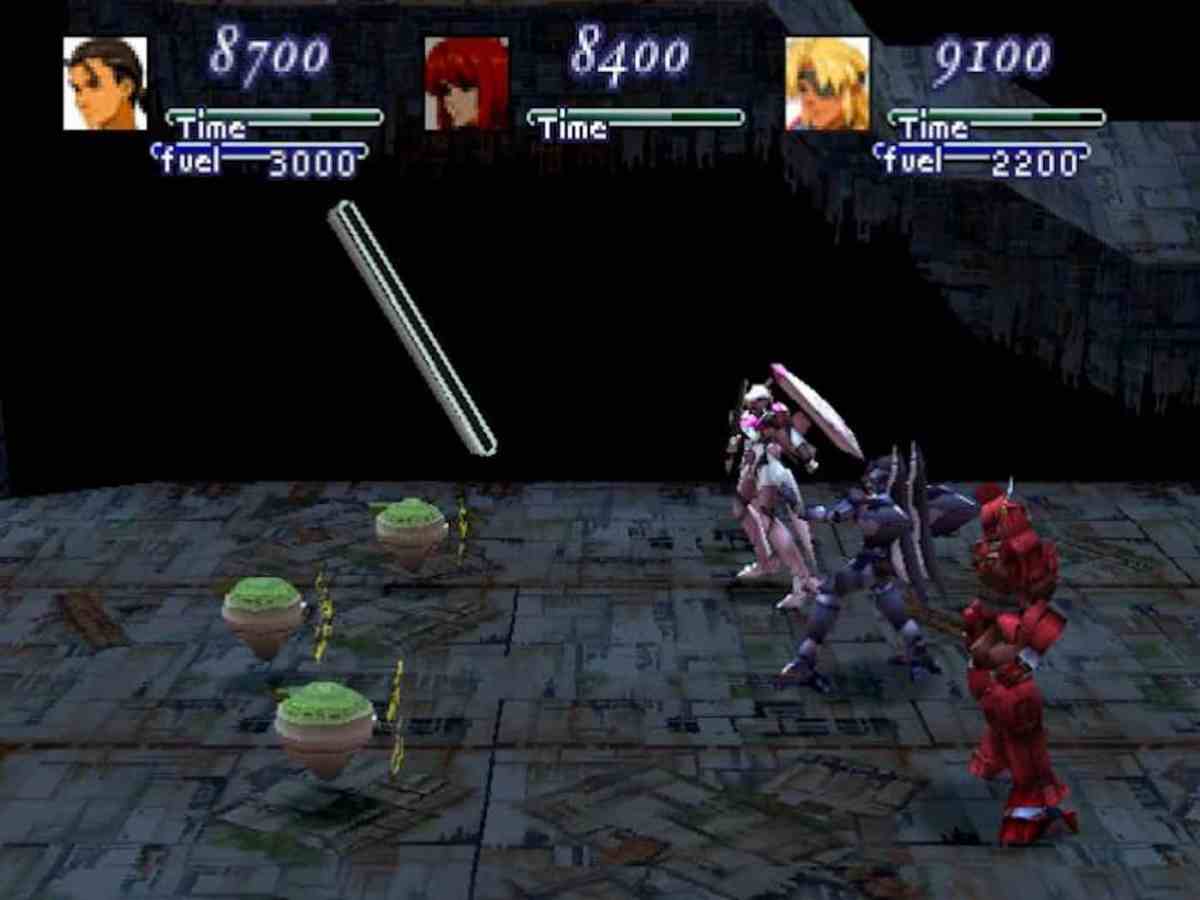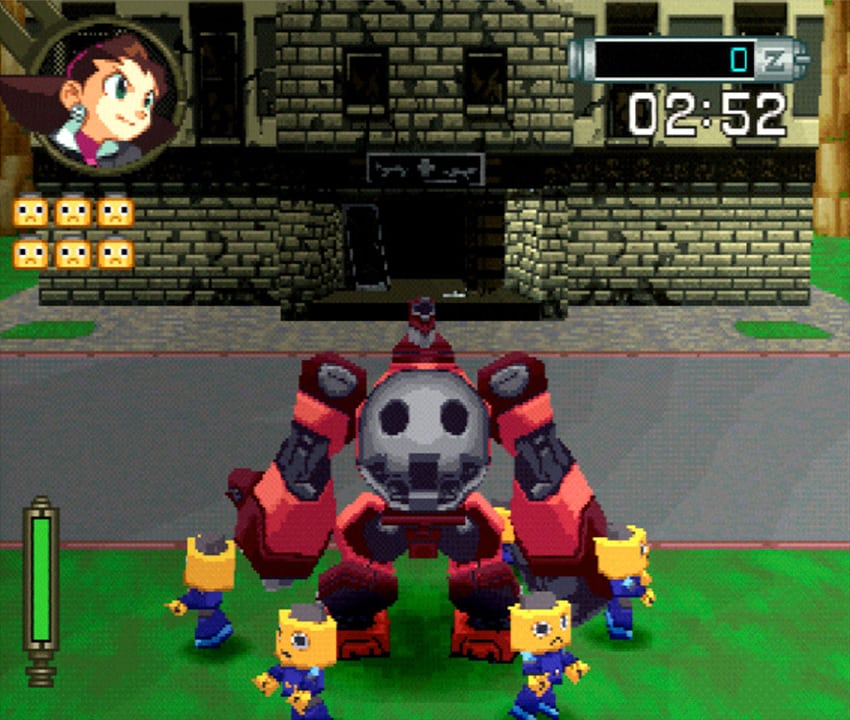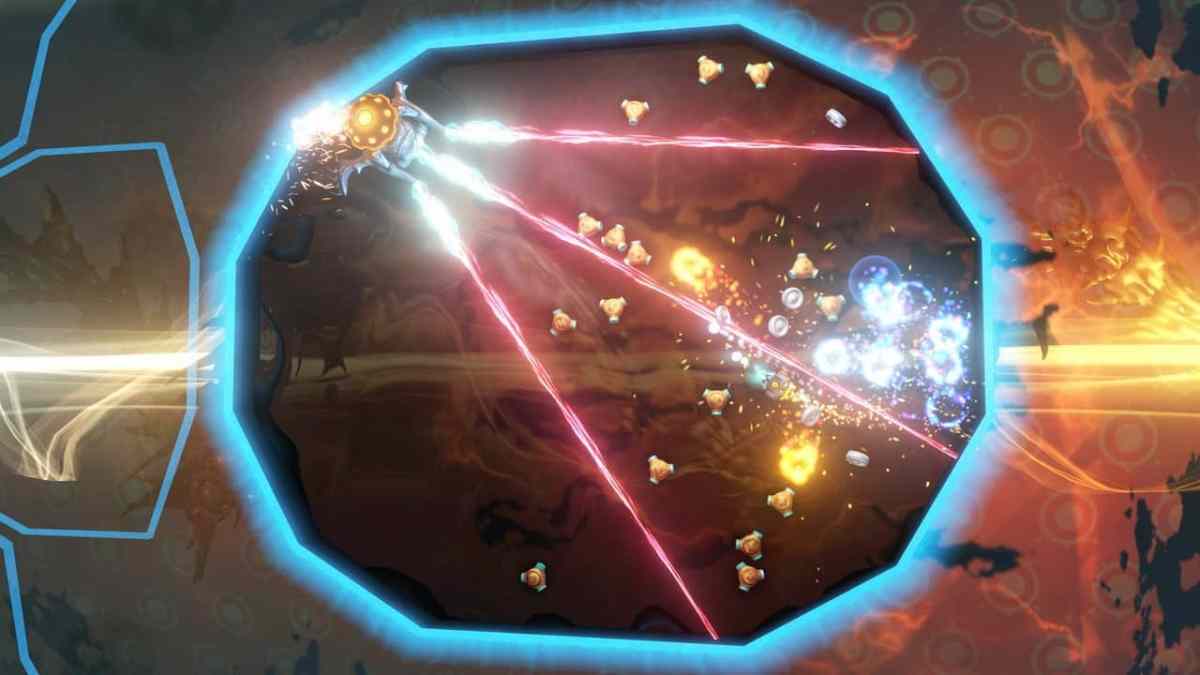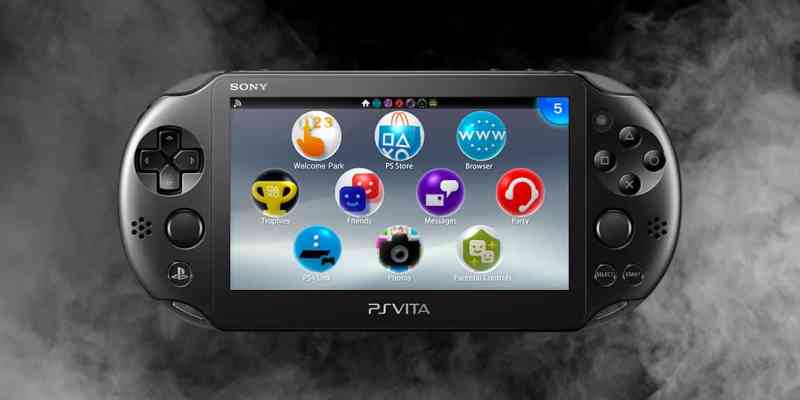After initial reports a week ago, Sony confirmed that it’s planning to shutter its digital stores for PlayStation 3 and PlayStation Portable in July and the PlayStation Vita store in August. Though you’ll still be able to re-download any game that you already own, you won’t be able to purchase anything new. While sadly not surprising, this news is just further proof that the future of PlayStation’s past is becoming extremely worrisome.
If you want to be optimistic, you can look at this as perhaps a sign that Sony is planning to reveal some grand plan that allows generations of backwards compatibility via PlayStation 5 or even cloud gaming. But honestly, that seems like little more than pipe dream. Odds are that the company is shelving the old storefronts because they’re simply not as lucrative as PlayStation 4 and PlayStation 5 games. And given how great Sony’s games have been over the past generation, as well as how promising the PS5 is, it’s hard to blame its focus. But while this makes sense from a financial standpoint, it’s absolutely awful when it comes to PlayStation’s legacy.
Developing an understanding of where the video game medium, its genres, and its creators came from fosters a greater appreciation for where it currently is and where it’s going in the future. The modern state of RPGs is better understood with an appreciation of Squaresoft’s incredible non-Final Fantasy PlayStation legacy, with games like Parasite Eve, Vagrant Story, and Chrono Cross. Naughty Dog’s roots in Crash Bandicoot and Jak & Daxter help form a fundamental understanding of Uncharted and The Last of Us, making them all the more impressive. And as franchises like Persona continue to grow in prominence and popularity, having its past readily available is a major benefit to new fans.

It’s been clear for a while now that some of the higher-ups at PlayStation aren’t particularly interested in reflecting backwards on the past. In 2017, PlayStation’s president and CEO Jim Ryan told Time, “When we’ve dabbled with backwards compatibility, I can say it is one of those features that is much requested, but not actually used much.” He went on to add, “That, and I was at a Gran Turismo event recently where they had PS1, PS2, PS3 and PS4 games, and the PS1 and the PS2 games, they looked ancient, like why would anybody play this?”
Flippancy aside, this quote was pretty telling about Sony’s priorities going forward. If the bottom line is king, then focusing on PS4 and PS5 games, including wisely bringing them to PC, trumps curating its past libraries.
With the news that these digital storefronts are going to be shuttered in only a few months, experiencing entire generations of games is going to become much more difficult and, in some cases, nearly impossible. PlayStation Now is a cloud-based middle ground, but it has neither the extensive library nor the local-based gaming to really make it a catch-all for legacy content. And while this certainly strengthens the case for owning physical copies of the media that you love, that simply isn’t feasible when it comes to classic video games. From iconic platformers like Klonoa and Tomba!, to foundational JRPGs like Suikoden 2 and Xenogears, to wonderful oddities like The Misadventures of Tron Bonne and Herc’s Adventures, so many of the great PlayStation 1 games cost hundreds of dollars to pick up secondhand in 2021, compared to their generally running $5.99-$9.99 on PSN.

And then there are certain digital-only games that will simply cease to be available after this summer, including ones from some pretty prominent developers. Blast Factor was an early PS3 downloadable game by developer Bluepoint Games, most recently known for the excellent Demon’s Souls PS5 remake, and remains its only non-remake or remaster to date. And while you might not be familiar with the 2008 digital-only PS3 game Supersonic Acrobatic Rocket-Powered Battle Cars, you’ve probably heard of its sequel, Rocket League. Both of those foundational games will be lost with these store closures.
With Sony dropping the ball when it comes to preservation, the onus falls on two groups. First is to the publishers and developers themselves. Square Enix has ported its PS1 and PS2-era Final Fantasy games to pretty much every platform under the sun, which is wonderful. We also saw a great example of this last summer when Sega and Atlus ported Persona 4 Golden to PC, making it the first time the game had ever left the shores of PlayStation Vita. As one of the best JRPGs ever made, and my personal favorite Vita game, I was thrilled that a brand new audience could experience the game, with PC sales surpassing 500K only a few months after release.
The other group that, more unfairly, must shoulder the responsibility for keeping these games alive is the player community itself, via emulation. And even emulation is not a perfect solution, as touch-heavy Vita games and the PS3’s finicky architecture are particularly difficult to emulate, meaning that some of these experiences might be locked off forever.

Sadly, the fickle nature of our digital future certainly isn’t anything new. Hideo Kojima’s P.T. is the prime example of what can happen to a game that never receives a physical release and its publisher one day decides to simply turn the lights off.
Sony certainly isn’t the only one who’s been neglecting its own legacy. Nintendo has had a roller coaster relationship with its back catalogue, including botched anniversary celebrations, iconic games like EarthBound and Super Mario RPG missing from Nintendo Switch Online, and the completely arbitrary removal of a handful of games from the eShop as of the end of today.
Surprisingly, of the big three console makers, Xbox is the one that has shown the most care and attention to previous generations, its legacy games, and making sure your Xbox history is preserved when you hop over to a new set of consoles. It’s not perfect, but I’m genuinely impressed with the steps that Microsoft has taken over the past few years.
Being one of the leaders in this industry, Sony has an obligation to preserve its own gaming history. And right now, it’s failing in that regard. There are so many amazing games from PlayStation’s 25+-year history that are going to be abandoned this summer. With alternative options being the expensive secondhand market or emulation, it’s a shame that 2020’s Astro’s Playroom is such a wonderful tribute to dozens of games that are becoming harder and harder to experience legally. It feels like the brighter PlayStation’s future gets, the dimmer the lights fade on its past.
